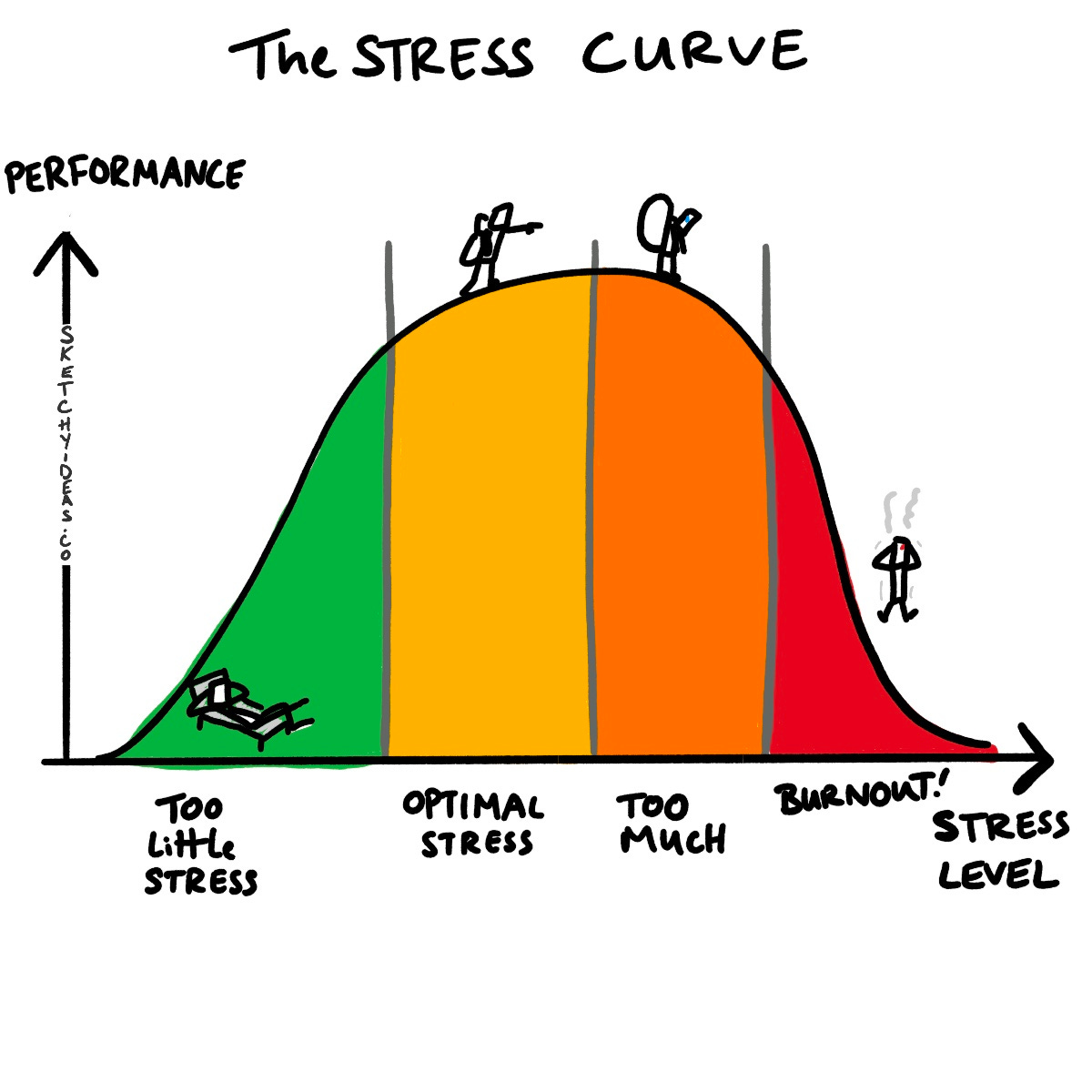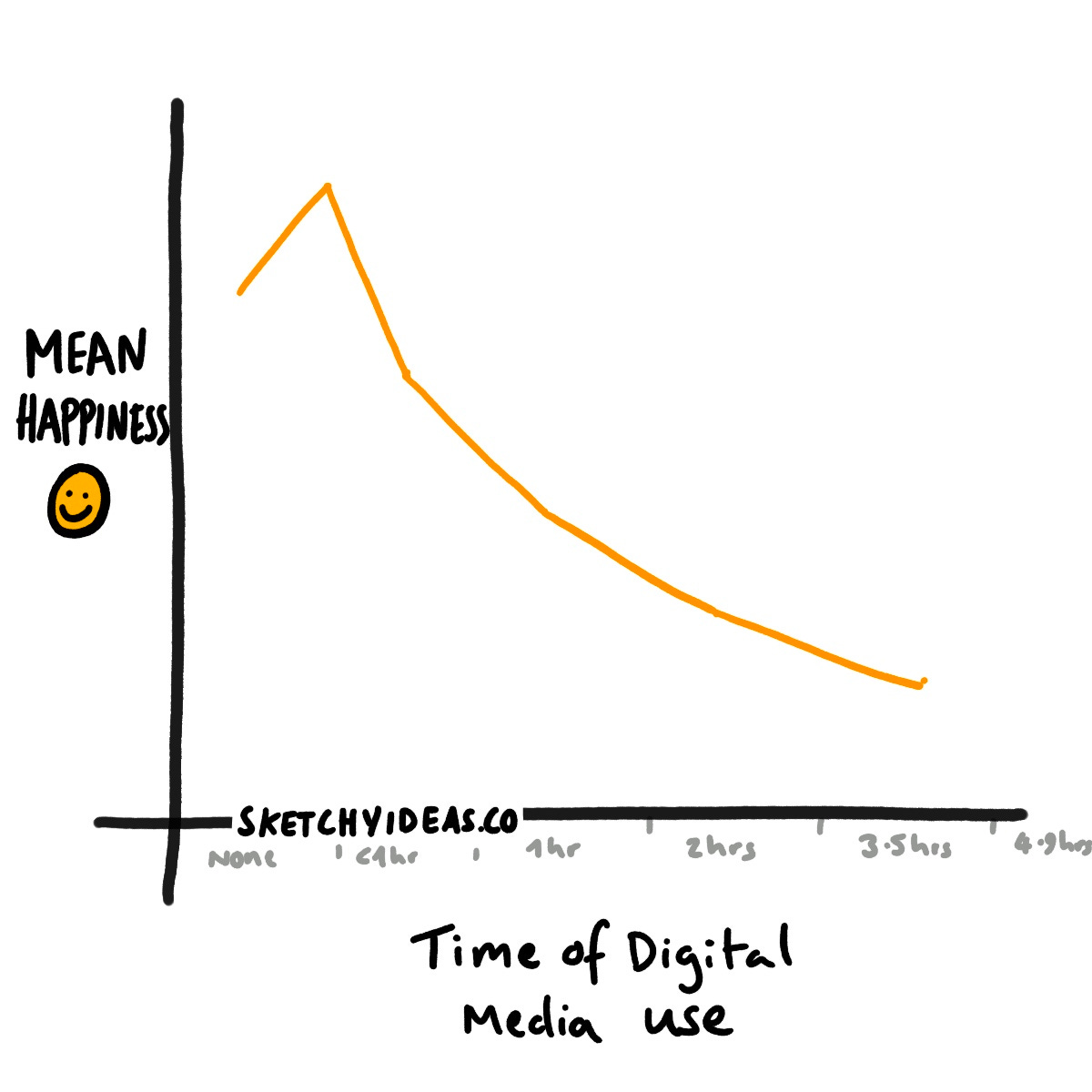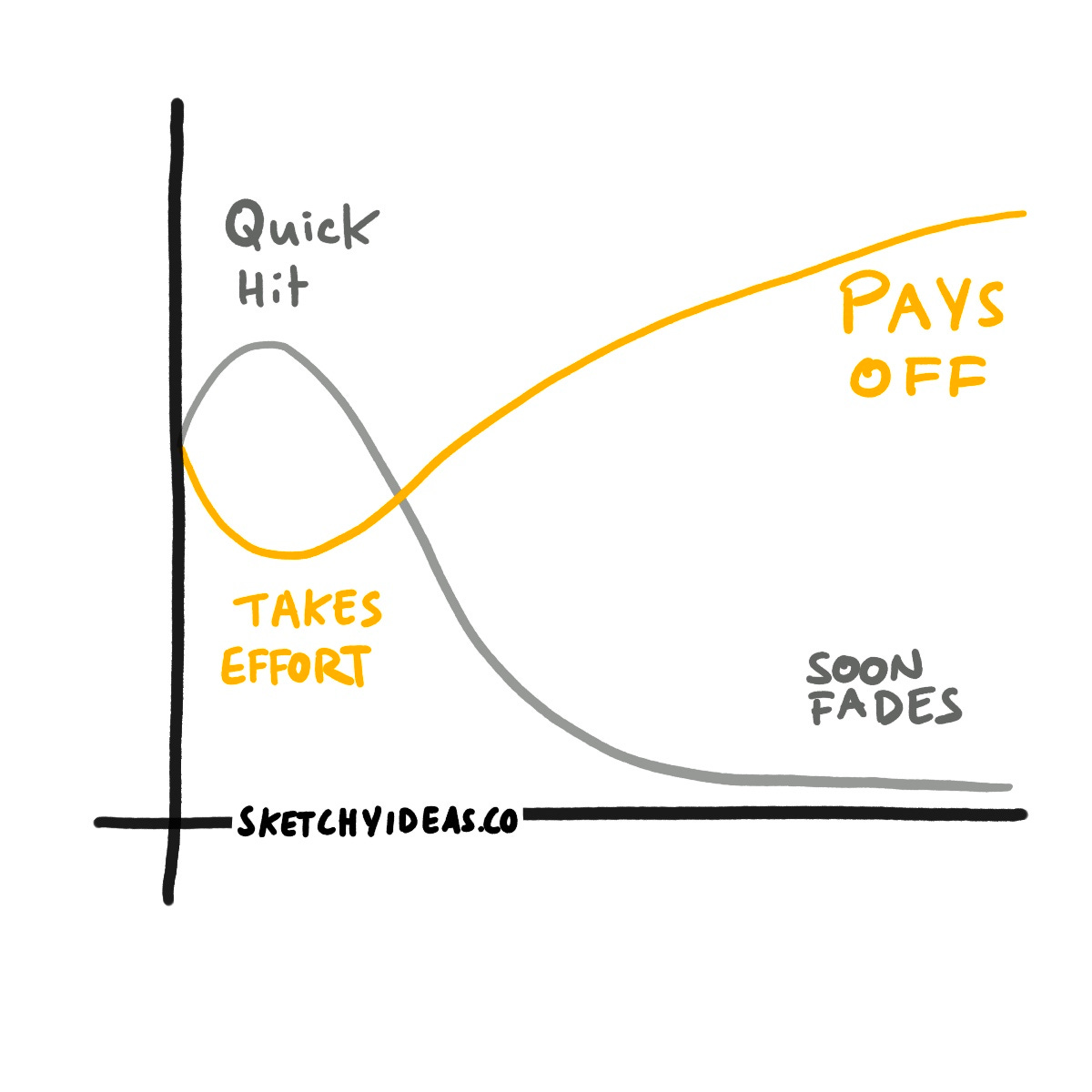Can you see a pattern in my recent newsletters?
The last year hasn’t been the easiest due to reasons I’d rather not share — hope you can respect that. And that’s why I’ve spent some time exploring the same areas of relaxing, destressing, looking after ourselves.
But next week will be different.
I’m going to try a new format. I think it’s interesting and I hope you will think so too.
In the meantime, let’s explore.
Interesting links
It was Apple’s World Wide Developer Conference last week and Felizia Bernutz summarised the key announcements.
I’m curious about Apple Intelligence on the iPad. Imagine you can’t think of an idea for an icon, you use the image playground to generate a placeholder and then go back and update it later.
What caught your attention?
I discovered Twilostory on Instagram last week.
It’s a bit different than what I normally share, but I love the art style.
To me, that’s enough of a reason to share.
Gary Kopervas shared a little sketchnote book summary of “Any Insights yet?”
I love this use of the book within the sketchnote. It’s a great way to make the most of the analogue format and add a creative constraint!
Plus I love the distinction between insights and ideas. It’s a great example of — wait for it — an insight.
There’s a burnout epidemic
Particularly among millennials like me.
It peaked with the pandemic when one survey showed 79% of respondents had experienced workplace stress in the last week. And it’s not isolated to the corporate world. Freelancers are burning out too.
There are two forces driving this crisis.
We’re suffering more pressure from work and lifestyle
We’re not releasing that pressure as well.
The net result? We’re all higher on the stress curve.
Tackling one side or the other can help, but we really need to address both.
Reducing pressure
Reducing pressure is difficult.
Some things are within our control, others aren’t. The bad news is there’s nothing we can do about the things out of our control except accept them.
This mindset is important.
There will always be things out of our control and there will always be challenges. If we can’t accept that, we’ll constantly be stressed.
But when we can change things, we should.
If you can leave your toxic workplace for a healthier one, you should (although remember, it will have its issues too).
If your current landlord sucks, find a new one.
If a friend is always negative and bringing you down, talk to them or reduce the time you spend with them.
This helps reduce our energy depletion.
Recovering energy
Some activities help us recover energy better than others.
Endlessly doom-scrolling social media and binging the latest hit streaming show feel good at the moment, but it quickly fades1.
The activities that bring us deeper happiness are usually the reverse. They have a higher activation energy and take a lot of effort to get going. The rewards, however, are well worth it.
Things like
Exercise
Meditation
Meeting friends in person
Reading an interesting physical book
Practising a hobby
But it’s not just draining activities that can help us recharge.
Even little things like getting enough sleep, having a bath, and making sure you have a balanced meal can have a profound impact when used regularly.
Take breaks before you burnout
Looking after yourself isn’t selfish.
It’s essential to help other people. When we slave away to the point of exhaustion, we need far longer to recover and harm ourselves and those around us. It’s possible to take this too far to the point of laziness, but I suspect if you are reading this newsletter, that isn’t your issue.
Enjoyed this edition?
If you like this newsletter, I’d love it if you hit the little heart button in Substack to show some love (it helps other people discover it too!).
p.s. If you would like to learn how to draw anything (sketchily), sign up for this free 5-day email course.
Twenge, Jean & Campbell, W. Keith. (2019). Media Use Is Linked to Lower Psychological Well-Being: Evidence from Three Datasets. Psychiatric Quarterly. 90. 10.1007/s11126-019-09630-7.










